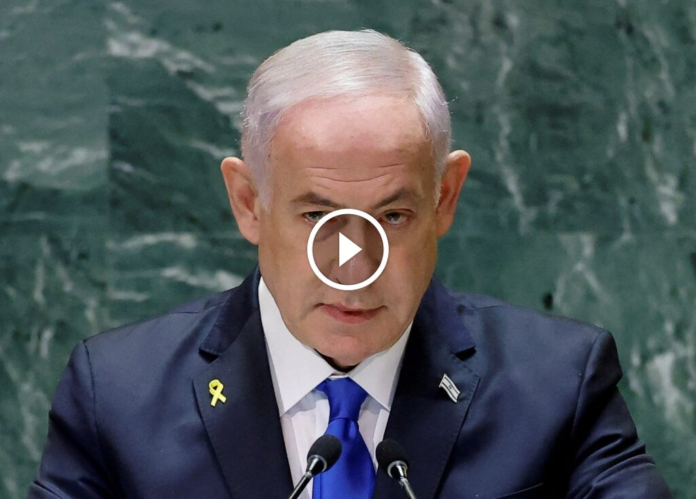The deal is due to take effect from Sunday and involves the exchange of captives held in Gaza for Palestinian prisoners held in Israeli jails.
Benjamin Netanyahu’s cabinet has approved a deal with Hamas for a ceasefire in Gaza after more than 460 days of war in which Israeli forces have killed more than 46,788 Palestinians and wounded 110,453.
The Israeli government ratified the ceasefire agreement early on Saturday morning after meeting for more than six hours, Netanyahu’s office said in a brief statement.
“The Government has approved the framework for the return of the hostages. The framework for the hostages’ release will come into effect on Sunday,” it said.
With the deal bitterly opposed by some Israeli cabinet hardliners, media reports said 24 ministers in Netanyahu’s coalition government voted in favour of the deal while eight opposed it. The Israeli security cabinet had voted in favour of the ceasefire deal earlier on Friday.
Under the deal, the ceasefire starts with an initial six-week phase where captives in Gaza are released in exchange for Palestinians detained in Israeli jails, and which opens the way to ending the 15-month-old war.
Lead negotiator for the US in the ceasefire talks, Brett McGurk, said the White House expected the ceasefire to start on Sunday morning, with three female captives to be released to Israel on Sunday afternoon through the Red Cross.
The Israeli Justice Ministry on Friday released a list of 95 Palestinian prisoners to be freed in the first exchange on Sunday.
“We have locked down every single detail in this agreement. We are quite confident … it is ready to be implemented on Sunday,” McGurk said in a television interview from the White House.
War-torn Gaza should also now see a surge in humanitarian aid. Trucks carrying aid lined up on Friday on the Egyptian side of the Rafah border crossing into southern Gaza.
An Egyptian official said an Israeli delegation from the military and Israel’s Shin Bet internal security agency arrived on Friday in Cairo to discuss the reopening of the Rafah crossing.
Israeli forces will also pull back from many areas in Gaza during the first phase of the ceasefire and hundreds of thousands of Palestinians will be able to return to what remains of their homes in the north of the territory.

